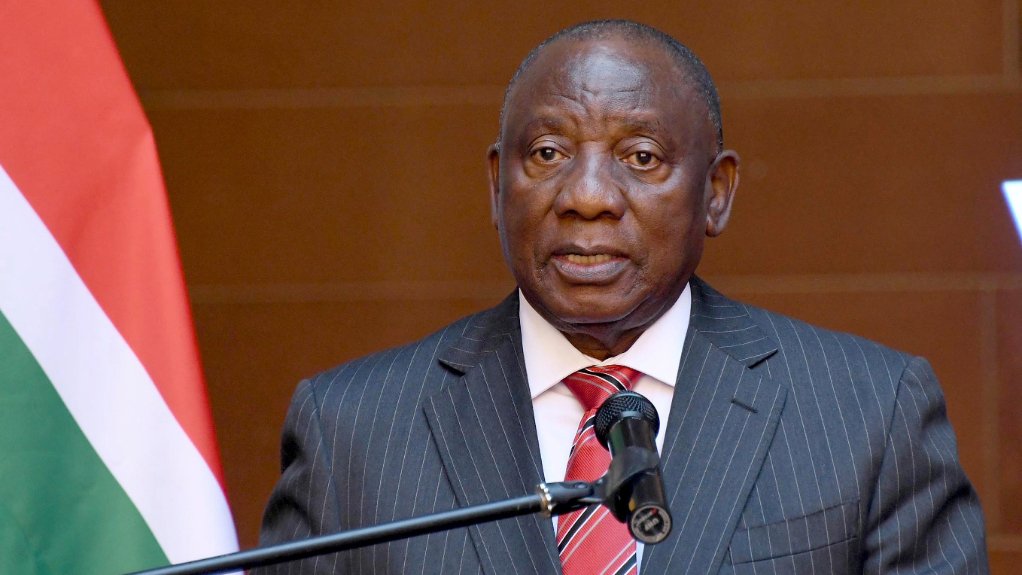As President Cyril Ramaphosa prepares to deliver his State of the Nation Address (SONA) today, South Africa finds itself at a crossroads, grappling with a series of crises that demand urgent and decisive intervention. The economy remains stagnant, unemployment is soaring, and vital infrastructure is crumbling. Water security hangs by a thread, political stability within the Government of National Unity (GNU) is uncertain, and rising geopolitical tensions threaten to isolate the nation. Ramaphosa’s address must do more than offer reassurances—it must deliver concrete plans that inspire confidence and signal real change.
With 12.2 million people unemployed and economic growth sluggish, the country faces a joblessness crisis of immense proportions. Political analyst Sandile Swana stresses that South Africa needs GDP growth of over 4% to make meaningful progress, yet the economy continues to falter. Membership in BRICS has yet to yield the anticipated economic benefits, leaving the country struggling to capitalise on international partnerships. Swana argues that the nation must tap into its abundant natural resources—land, water, and solar potential—to revitalise industry and agriculture. Without a business-friendly environment that encourages both local and international investment, South Africa risks falling further behind on the global stage.
The ongoing energy and infrastructure crisis only compounds these economic struggles. Persistent power cuts have crippled businesses, while repeated government promises to reform the energy sector have failed to produce substantial results. The impact of deteriorating infrastructure is visible across the country, with collapsing bridges, failing public transport, and neglected roads becoming the norm. In Johannesburg alone, a shocking 94% of municipal bridges have been deemed unsafe. Without an actionable and transparent plan to overhaul infrastructure, Ramaphosa’s pledges will ring hollow to a public weary of unfulfilled commitments.
Water security is another ticking time bomb. Despite South Africa being blessed with 62 free-flowing rivers, water shortages and failing sanitation systems have become a daily reality for many communities. The government’s inability to develop sustainable water infrastructure has brought the country dangerously close to a full-scale water crisis. If decisive steps are not taken to manage and protect water resources, the consequences could escalate into a humanitarian emergency, with severe implications for both public health and economic stability.
Political uncertainty within the GNU threatens to further destabilise an already fragile governance structure. Meant to usher in a new era of collaboration, the coalition has instead been plagued by infighting and inaction. Professor Tumi Senokoane of UNISA describes the GNU as a “government of non-commitment and non-delivery,” highlighting the growing frustration among citizens and political stakeholders alike. Land expropriation remains a contentious issue, with the Expropriation Bill triggering investor anxiety and drawing criticism from international players. Former US President Donald Trump has even threatened to cut financial aid should the bill proceed. Ramaphosa must use this moment to reassure both domestic and global audiences that his administration can navigate these challenges without jeopardising economic stability.
Geopolitical tensions have added another layer of complexity to Ramaphosa’s leadership. The deaths of 14 South African soldiers at the hands of M23 rebels in the Democratic Republic of Congo (DRC) have heightened tensions with Rwanda, raising questions about South Africa’s military strategy. Relations with Rwandan President Paul Kagame are under strain, and the need for a clear, effective foreign policy has never been more pressing. Once a leader in military defence manufacturing, South Africa’s defence sector has suffered from years of neglect. Experts like Senokoane stress that investment in strategic military assets such as Denel and Armscor is crucial if the country is to reclaim its position as a formidable force in global defence.
As Ramaphosa steps onto the SONA stage, South Africans will not settle for rhetoric. The nation is watching, waiting for bold, tangible solutions to these five crises. If his address fails to rise to the occasion, public frustration could deepen, eroding trust in his leadership at a time when stability is desperately needed. This is more than a speech—it is a defining moment for both Ramaphosa and the future of South Africa.
